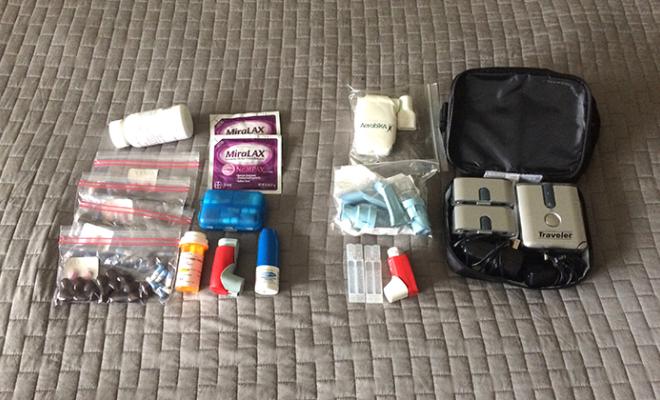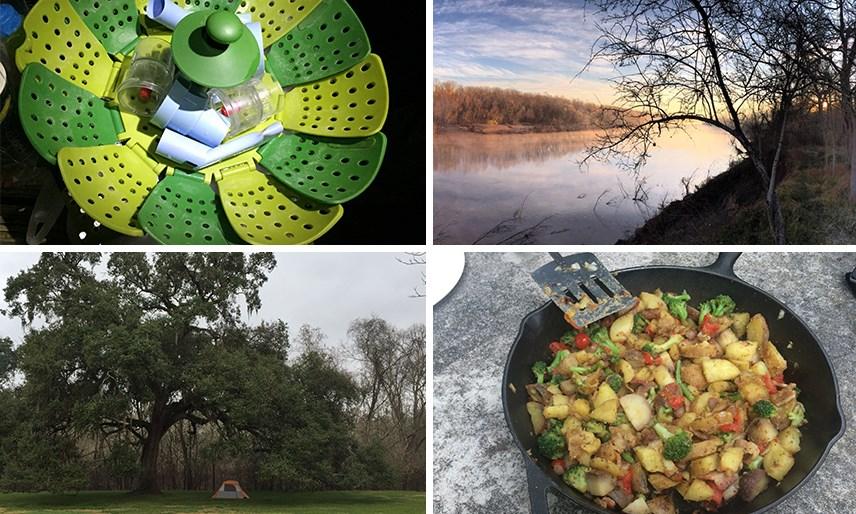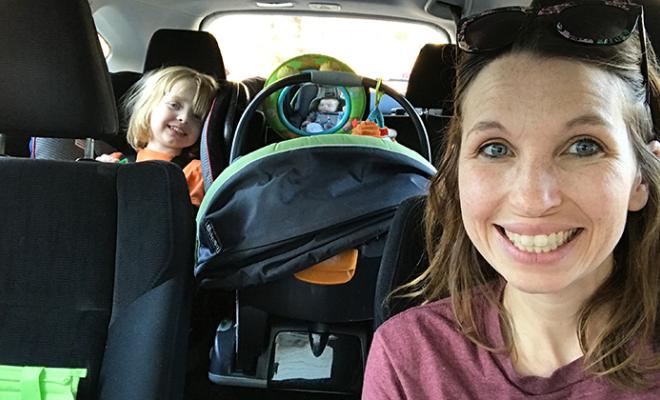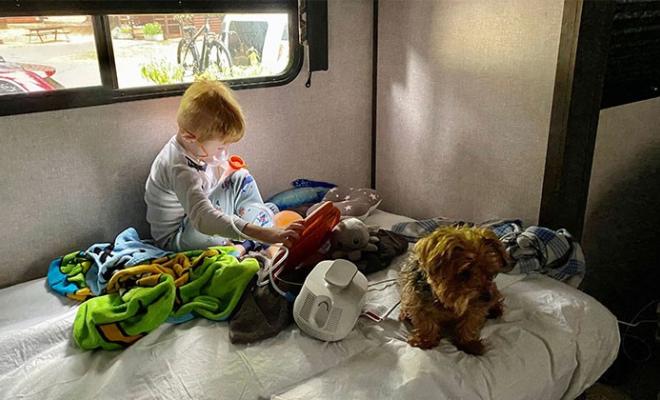For adults with cystic fibrosis, it's easy to get trapped in your day-to-day routine because it's comfortable and allows for stress management via time management. I found myself less than enthusiastic to step out of my comfort zone and find an adventure because of the hassle of lugging all the necessary CF gear and medication along. In the year leading up to my 35th birthday, I vowed to rekindle my connection with the great outdoors. I found strategies to manage my care without sacrificing a rich and raw experience with nature.
Camping is gratifying to me because it connects me to the peace of nature. It also requires self-sufficiency and the mastery of certain skills to ensure that CF isn't an obstacle. There are many ways to camp with varying levels of the creature comforts of home. Based on budget and resources, I'm most experienced with camping in a tent at a designated camping area in a park, but the following strategies can be adapted across the range of camping styles from staying in a cabin or RV to roughing it off-grid on a backpacking adventure:
- Carefully pack and organize CF medications: I portion each morning and evening's medication doses into a travel pill organizer. (I take a bottle of my enzymes, because the amount I need and timing varies.) Because I also take lumacaftor/ivacaftor (Orkambi®), I pack pre-portioned fat-containing snacks (my current favorite is dark chocolate-covered almonds) with an Orkambi® blister pack and the necessary enzyme dose included in snack-sized bags.
- Make provisions for nebulizers and airway clearance: An important vow I made to myself in my early 20s was that I will not force myself to choose between doing something fun and doing my treatments. For camping it was vital to invest in the proper equipment, so my treatments could be as efficient as possible. I use a travel nebulizer compressor with a rechargeable battery that can also plug into my car or a standard outlet. I purchased an extra battery, so I can use it for 6-8 treatment sessions when both are fully charged. I also use a jet nebulizer because it's fast and compact. When camping I use an albuterol inhaler instead of my albuterol nebulizer to prevent wear on my travel compressor's motor and save batteries. For airway clearance, I use an oscillating positive expiratory pressure (PEP) device.
- Don't skimp on hygiene: Plan ahead so that you can sterilize your respiratory equipment. When I have access to electricity, I boil my nebulizers and PEP device in an electric kettle. Without electricity, I boil them in a pot over a campfire. Either way, I put the nebulizer pieces into a plastic steam basket to prevent them from touching the heating element or bottom of the metal pot. They can crack if they touch very hot metal. I use hand sanitizer generously before handling equipment after I have sterilized it.
- Plan for CF needs based on weather and activities: Whether you are burning lots of calories from outdoor activities or need frequent snacks to manage your blood sugar, pack plenty of snacks. If it's warm or you are doing strenuous activities, you may need extra salt and sufficient water to deal with sweat-related dehydration. My favorite activity when camping is trail running, so I make sure to carry water, snacks, and something for rapid salt replacement in my backpack when I'm out on a trail. My go-to salt-replacement snacks lately have been pickles and soy sauce packets. Be extra-mindful of how much you may be sweating because dehydration can go from mild to severe very quickly in warm weather when you have CF.
- Bring a medication list and CF clinic contact information with you: You never know when you may require medical attention and need quick access to this information. If you're camping with someone else, make sure they know where to access this information. I wear an ID bracelet with emergency contact information when I'm doing outdoor activities and keep a medication list in my wallet.
Most importantly, make sure you relax and have fun! I've found with diligent planning before a camping trip, my CF needs are easy to manage and don't require an exorbitant amount of time. This is particularly important to me because camping is a vacation from my regular routine and a way to connect as authentically as possible to nature. I can't forego my CF needs altogether, so creating an efficient and streamlined routine for packing my gear and doing my treatments is essential to my experience.






